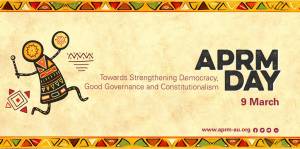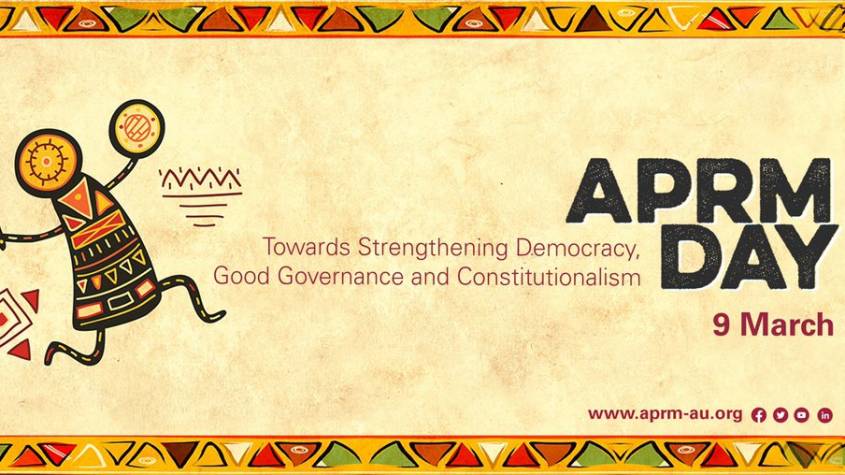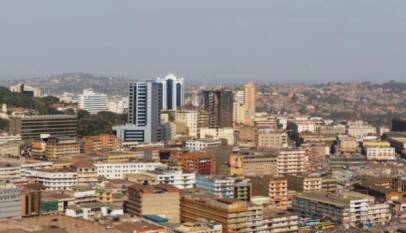As APRM celebrates its 19th anniversary
Almost twenty years after it was established by the NEPAD Heads of State Summit in Abuja, Nigeria, on March 9, 2003, the African Peer Review Mechanism (APRM) commemorated its 19th anniversary on Wednesday, themed: “Towards Strengthening Democracy, Good Governance and Constitutionalism”.

By Adam Alqali
In a statement celebrating this milestone, APRM said it had completed base reviews in twenty-four countries; second generation reviews in five others, in addition to four targeted reviews across three countries. The statement said the APRM process had “demonstrated itself to be an outstanding African contribution to the establishment and institutionalization of Afrocentric good governance, grounded in participatory arrangements and effective citizenship.”
It also acknowledged that instability across Africa was being instigated by governance deficits, describing coups and conflicts as threats to the realisation of a peaceful and prosperous continent. “The strengthening of democracy and good governance through a focus on the root causes of conflict, as reflected in APRM’s country review reports on democratic governance are, therefore, an important source of support for the AU’s peace and security agenda and a return to constitutionalism.”
As part of low-key activities for the commemoration, the APRM Communication Champions, appointed by the CEO of the Continental Secretariat in December 2021 to create more visibility about APRM’s programming, activities and country review missions, convened a Twitter Space session which featured discussions on how the Mechanism had fared in its close to two decades of existence.
Steven Gruzd, head of the African Governance and Diplomacy Programme at the South African Institute of International Affairs (SAIIA), who has published widely on the APRM from its inception, said the Mechanism was in a much better shape than it was at inception, thanks to the revival and revitalization efforts of its current leadership under CEO Eddy Maloka.
Yet, Gruzd said there was still a huge room for improvement as National Programmes of Action (NPoAs) produced at the end of country reviews were rarely implemented just as many APRM participating states such as Angola, Cameroon, Malawi, Togo, Tunisia and Zimbabwe (some of whom had joined the Mechanism as early as 2004) were yet to undergo any reviews or even establish APRM National Governing Council (NGCs).
“The reports which are supposed to be released 6 months after being discussed at the APR Forum of Heads of State don’t come out on time. The national launch of the reports takes as long as 3 to 4 years to happen, as it was the case with Tanzania, by which time the reports have become irrelevant,” decried Gruzd.
Patrick Mpedzisi, secretary general of the Zimbabwe Evaluation Association, concurs with Gruzd, noting that APRM had achieved a lot of progress in the last 19 years including addressing the issue of Africa’s ownership of the Mechanism – against the earlier perception of joining the Mechanism by AU member states being a mere window-dressing targeted at attracting external funding from donors.
Mpedzisi said while good governance was not an end itself it could guarantee economic prosperity for the African people. “First, what is the economic dividend of the APRM i.e how has it improved Africa’s economic growth? Second, how has the APRM provided opportunities for young people to participate in governance? Looking at our ever-growing youth population, there is a risk of us missing out on the demographic dividend and ending with demographic bulge. Third, how has APRM contributed to achieving gender dividend?”











